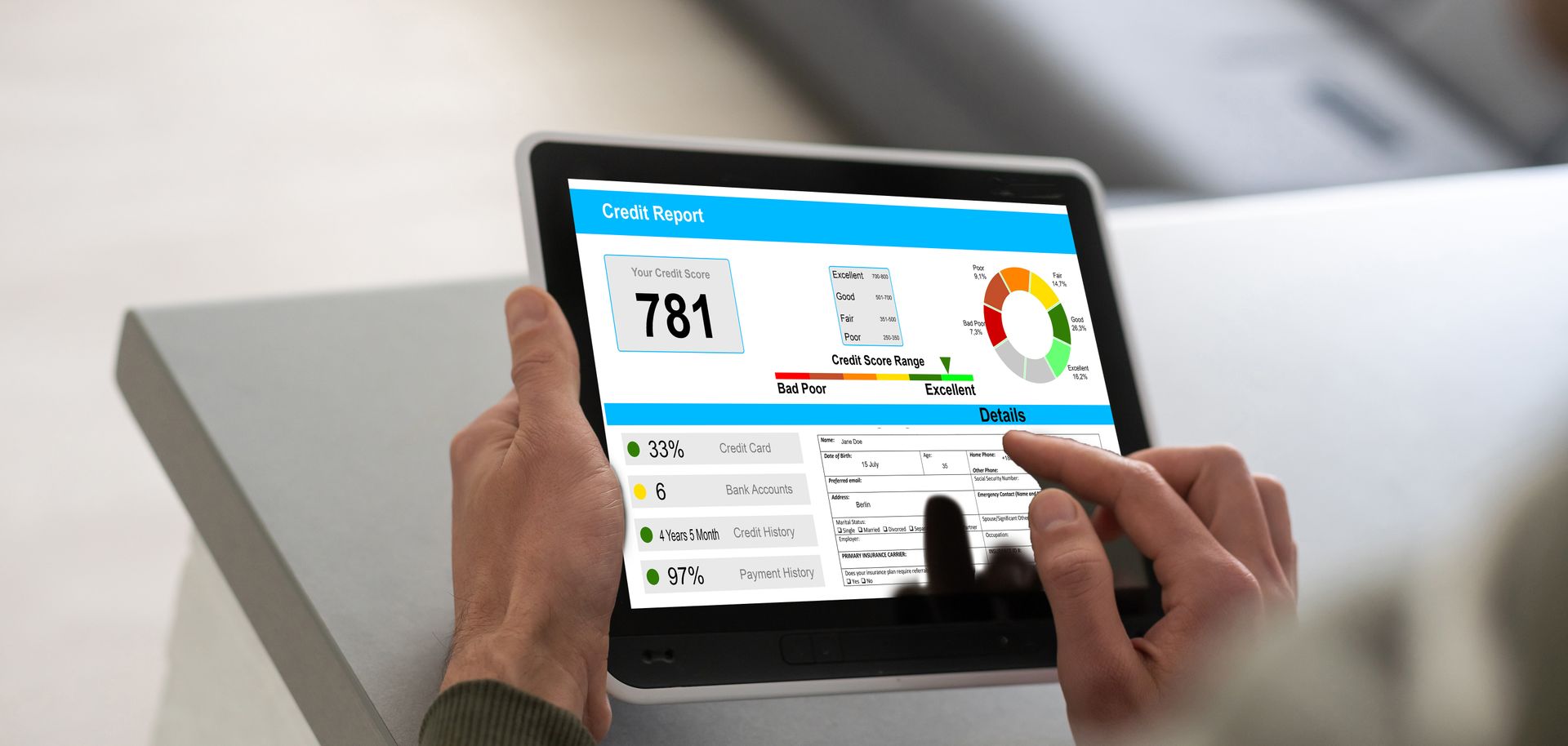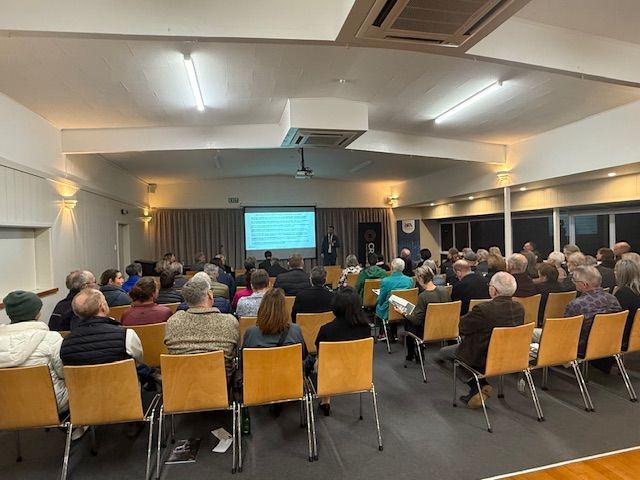Tips to avoid text message scams
Spam series: Tips to avoid text message scams
Scammers are constantly developing new methods to scam you. The latest way is to send you text messages to gain financial or personal information or access to your phone or money. Often the texts are supposedly from a legitimate organisation such as the IRD, Waka Kotahi or your bank. These text messages ask you to confirm your details, or a payment, and sometimes they even ask you to click if you don’t want to make a payment. The links will often take you to websites that look like the real thing but are actually fake websites designed to steal your information.
These types of scams are becoming more sophisticated so even those who’ve previously never fallen for a scam, may inadvertently think the text message is genuine when it’s not.
What text message scams can look like
Text message scams are constantly changing as scammers try to dupe more and more people. However, there are some common elements to text message scams.
- There’s a sense of urgency. This can include saying you need to ‘act now’, that your private information has been exposed, or that you need to click on the link to authorise or cancel a purported payment.
- The message can seem genuine. It could be a text message claiming to be from a courier company wanting to confirm your delivery, a notice for payment of overdue tolls, or from your bank confirming that you wanted them to make a (fake) payment.
- There’s always an action you need to take. Often there will be a link for you to click on which asks you to confirm personal or financial information, or download/update software on your device.
Te Tari Taiwhenua/Department of Internal Affairs (DIA), along with netsafe and most banks, provide a list of current scams being reported to them.
What to do when you receive a suspicious text message
If you suspect you’ve received a potential scam text, treat it as such and don’t respond, don’t download any attachments, don’t click on any links or install anything.
Instead, contact the organisation that supposedly sent the text message. Do this by going to the ‘contact us’ page on their website and ask the organisation to confirm that they sent you the text message. Remember your bank will not ask you to confirm your password or login details over the phone (or via text message).
Then report the suspicious text/scam by forwarding it free-of-charge to 7726. The DIA will then send a text to the number that sent you the scam text. Once you’ve done that, block the number and delete the text message from your phone.
What to do if you think you’ve been scammed
If you shared any personal or financial information such as bank passwords or login details, contact your bank immediately and let them know what’s happened. If you can, change your password for any online accounts you think might be at risk, especially if you use the same password for multiple online accounts.
You can also get a free credit check to see if any accounts have been opened in your name. There are three main credit check companies in New Zealand and you’ll have to contact all of them. You can ask to have your credit record corrected if there’s any suspicious activity on it.
If you download any attachments or installed anything on your device such as an update or app, perform a factory reset of your device. This will delete all data on the phone including your contacts and photos. You’ll also need to change the passwords to all your online accounts, starting with your bank accounts first. If you have concerns that your bank accounts may have been accessed by unauthorised people, contact your bank immediately.
Some tips to avoid being scammed
- Treat every text message that has a link or attachment as suspicious.
- Don’t click on any attachments or links in text messages.
- Check if the text message is legitimate by contacting the organisation directly by going to their website.
- Forward any suspicious messages to the DIA at 7726 (remember this won’t cost you anything).
It’s better to be safe than scammed and remember banks and other institutions will never ask you to confirm your personal or financial information using a link in a text.











